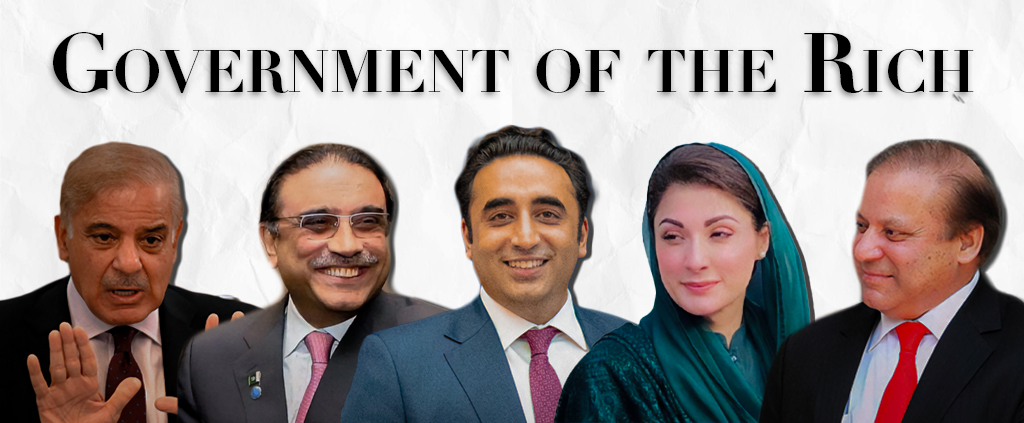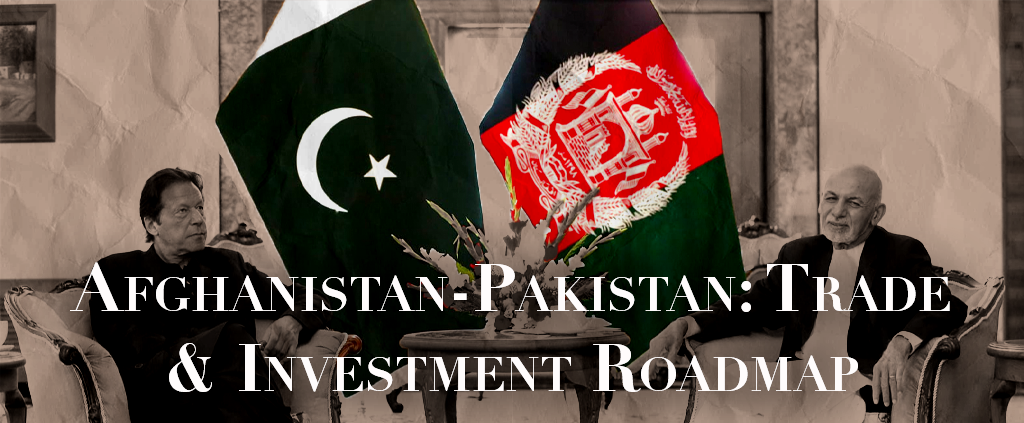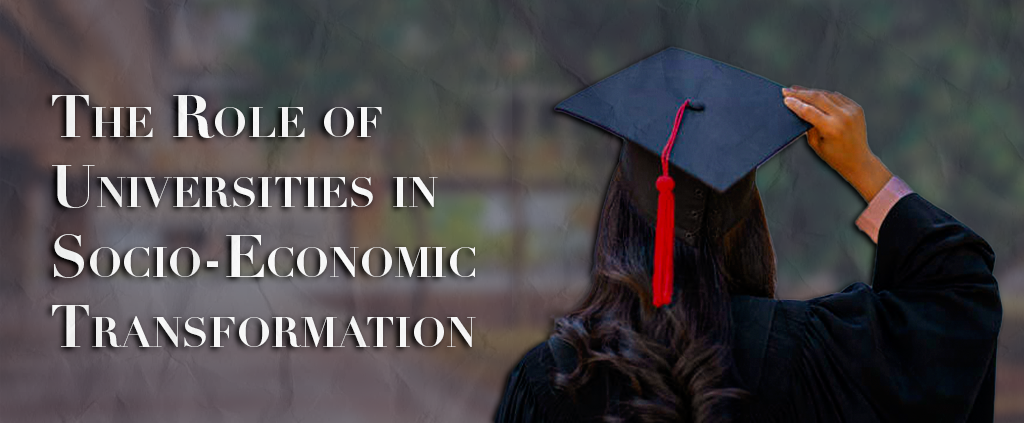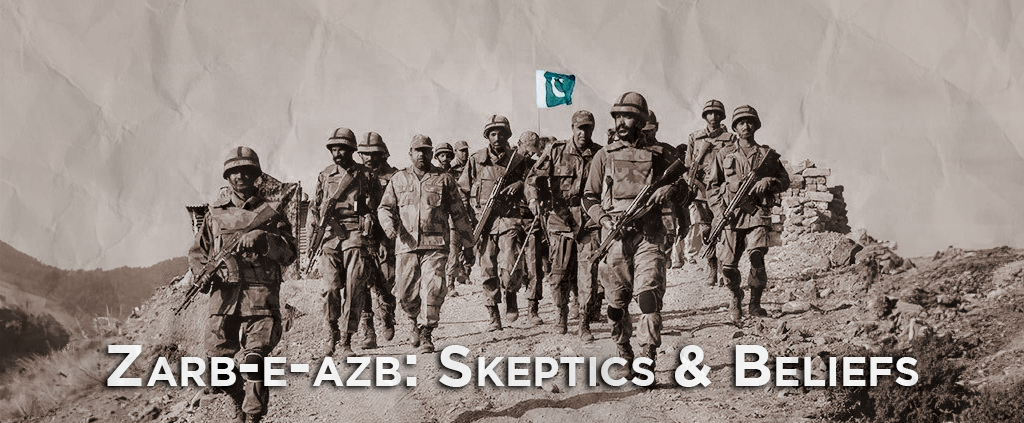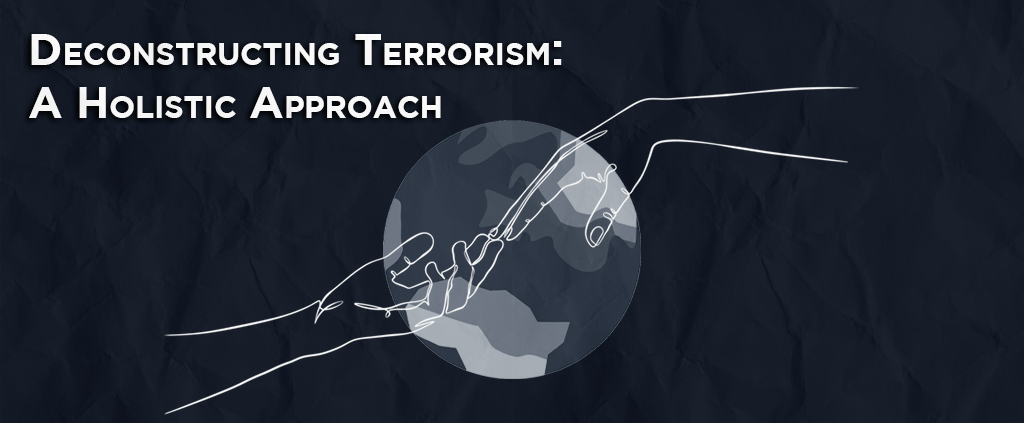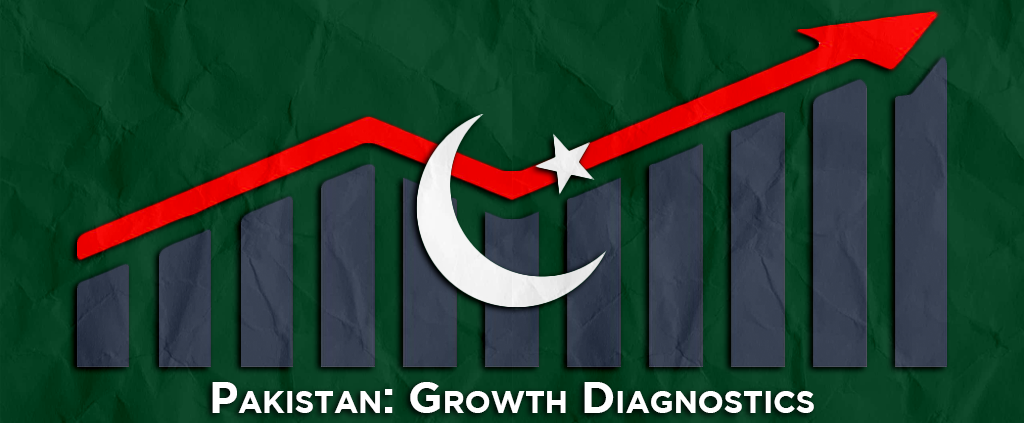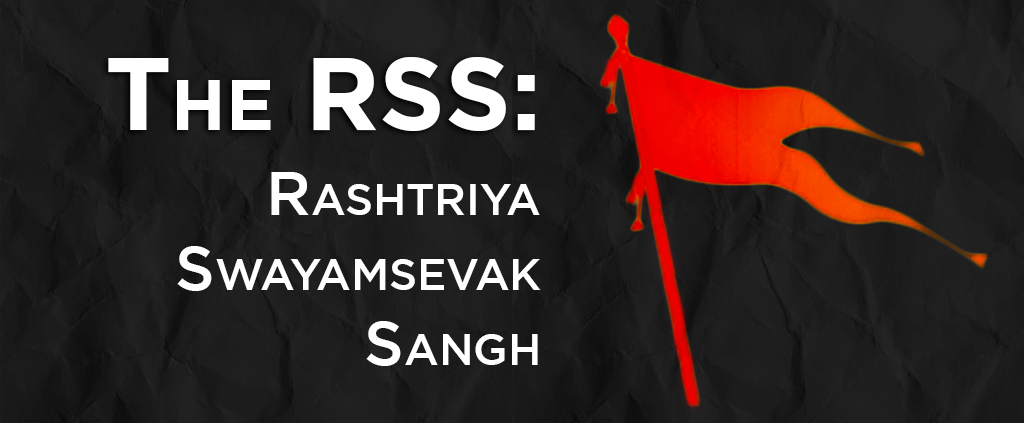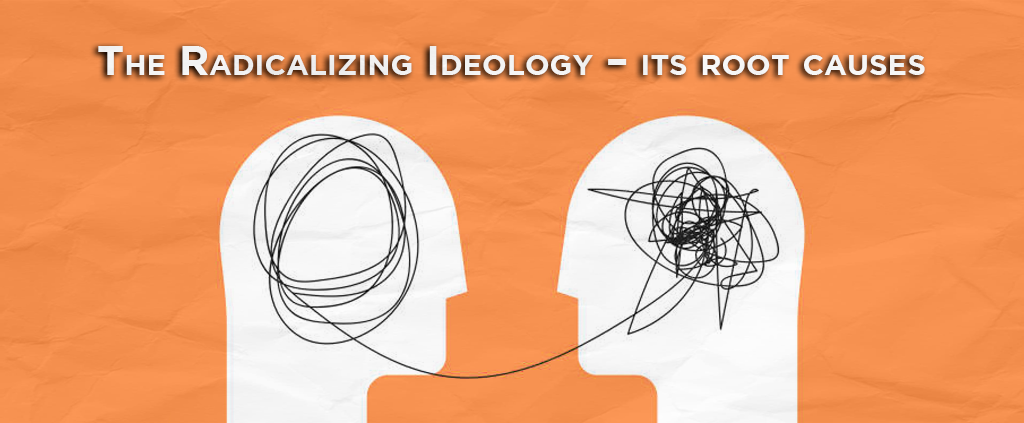Government of the Rich
By M. Saeed Khalid[1] Introduction: The collapse of a bipolar world order has been followed by a surge of neo-liberal democracy leading to social strains in many parts of the globe. While the US brand of two party system primarily serves the country’s corporate interests, the European multiparty model promotes inclusive growth, taking care of […]
Government of the Rich Read More »

